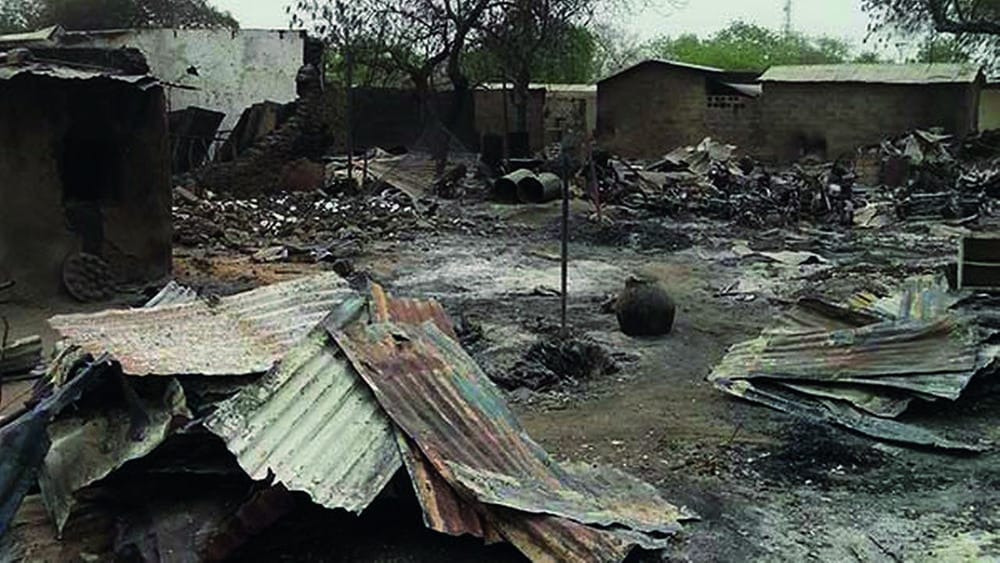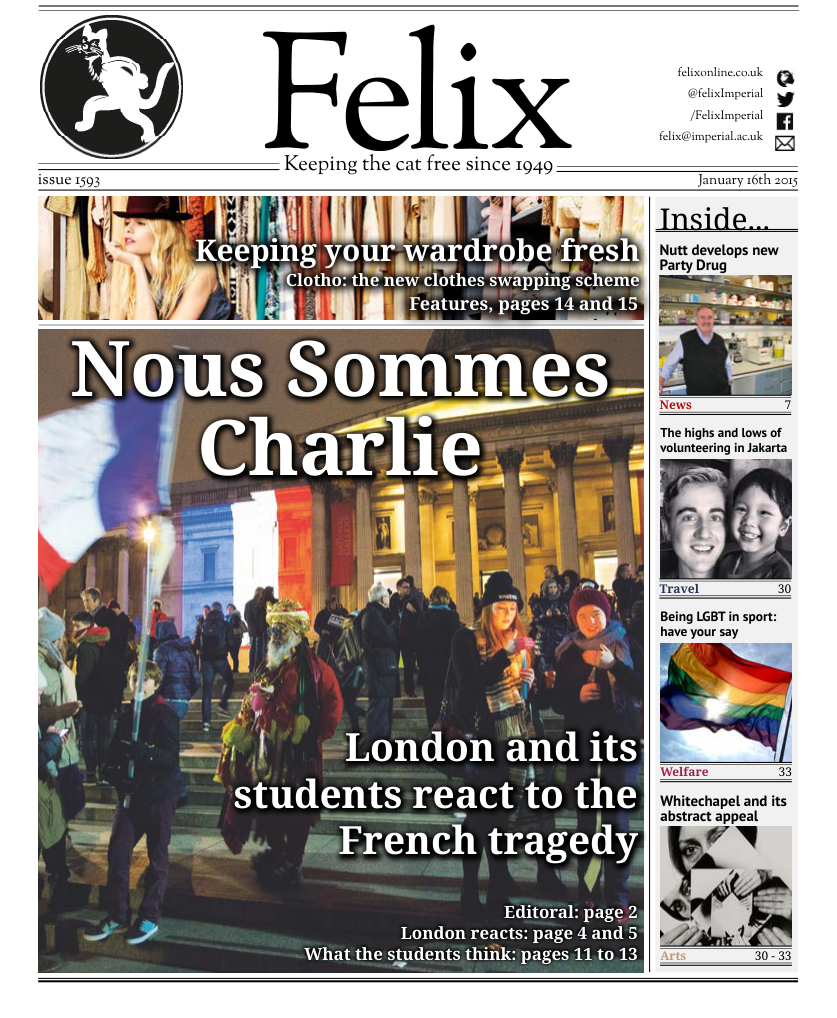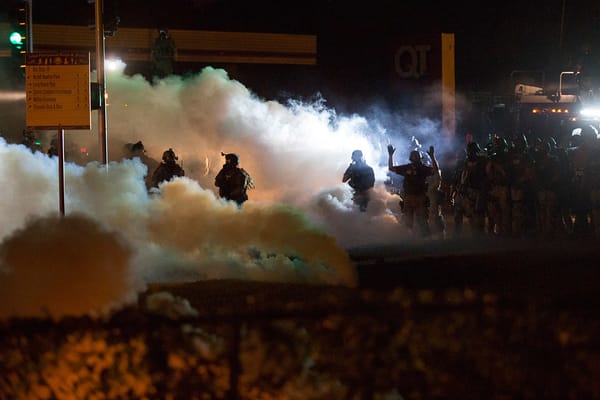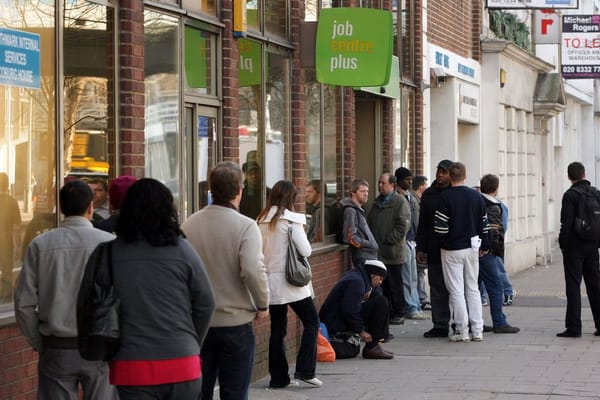Why all the fuss about Charlie Hebdo?
Paris attacks have recieved widespread global attention, but why?

The news over the past week has been dominated by stories about the terrorist attacks in Paris, killing 17 people, with the satirical magazine Charlie Hebdo among the targets. Also reported, but to a far lesser extent, are attacks by Boko Haram extremists in Baga, Nigeria, resulting in thousands of deaths. With all the media interest focused on Charlie Hebdo and France, the horrifying events in Nigeria have somewhat fallen by the wayside. Why is it the case that these attacks have received far less media attention, not just globally, but also in Nigeria itself? Is it the case that we in the Western world consider the lives of those lost in France more valuable and worthy of attention?
One reason is of course, practicality. There are thousands of journalists in France and Paris, within quick and easy reach of the action. In contrast, Baga is difficult to access, with very few international journalists nearby. While the news story is certainly more significant in terms of lives lost, reporting on it is far more perilous. The attacks in Paris were motivated by vengeance for satire of the Prophet Muhammad in the press, and many publications have been fearful of repercussions upon reporting on, and reproducing the original material. Despite this, the overwhelming attitude of the media has been of cautious support for Charlie Hebdo. While this attack has shown that the danger is real, the peril of being on the ground, reporting on the devastating attacks in Nigeria is on another scale entirely. With hordes of extremists roving through villages, razing them to the ground, and killing hundreds, even thousands of innocent people that they encounter, the risk is far greater.
The attacks in France are more unique than the latest Boko Haram attacks. While these carry the horrifying new aspect of enslaving little girls to use as suicide bombers, these acts by Boko Haram have almost become commonplace, flooding our newsfeeds every week. While incidents such as those in France are not entirely unheard of – the threat was real enough for the Charlie Hebdo offices to have police protection – they are certainly more unusual, and far more relatable. It is the complete shock that an office in a European city could become the setting for such a tragedy that makes this story so compelling. We live and work in places like this and we rarely doubt our safety. The ease of empathy leads to a morbid fascination, and the media reflects this.
The journalists themselves, who report the news that we read, will be feeling these attacks personally. While every journalist is aware of the risks, the reality is jarring. The passion of the media itself on this story will drive the reporting further, raising it higher.
Political leaders from around the world have spoken out in condemnation of the actions of these terrorists, and in many cases, travelled to France to participate in rallies of support. All over the world, people have been shocked by these events. The Nigerian massacres have been treated with similar revulsion, with many western world leaders issuing statements of horror, but the President of Nigeria himself, Goodluck Jonathan, has denounced the attacks in Paris but hasn’t even acknowledged the attacks in his own country. The Nigerian government has done little to contain Boko Haram, and without this, the seriousness of these attacks is diminished. The striking sight of world leaders standing together in Paris, uniting against a common cause, is such dramatic imagery; it is easy to report. In the case of Nigeria, there are no sweeping statements of purpose; there is nothing as visually effective. To put it bluntly, it doesn’t make such good entertainment, and that is, ultimately, the main prerogative of the media.
The Western world isn’t indifferent to the suffering and slaughter of Africans. Other similar stories, such as the kidnapping by Boko Haram of 276 schoolchildren in Nigeria, have been as high-profile as any Western tragedy has ever been, and have struck a chord with people all over the world. But with the numerous bombings, shootings, kidnappings, and enslavements happening at the hands of Boko Haram in West Africa, they lack novelty, and people lose interest. This is natural, of course, but let us not forget the ongoing atrocities that are masked by the latest news. They remain worthy of our respect and attention, and these lives lost deserve not to be forgotten. While we may be morbidly enthralled with watching events unfold, we should remember that many people do not have this luxury, and are being subjected to other horrors.









